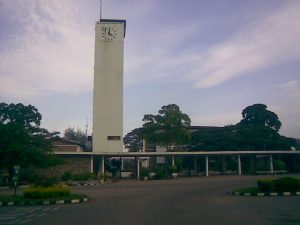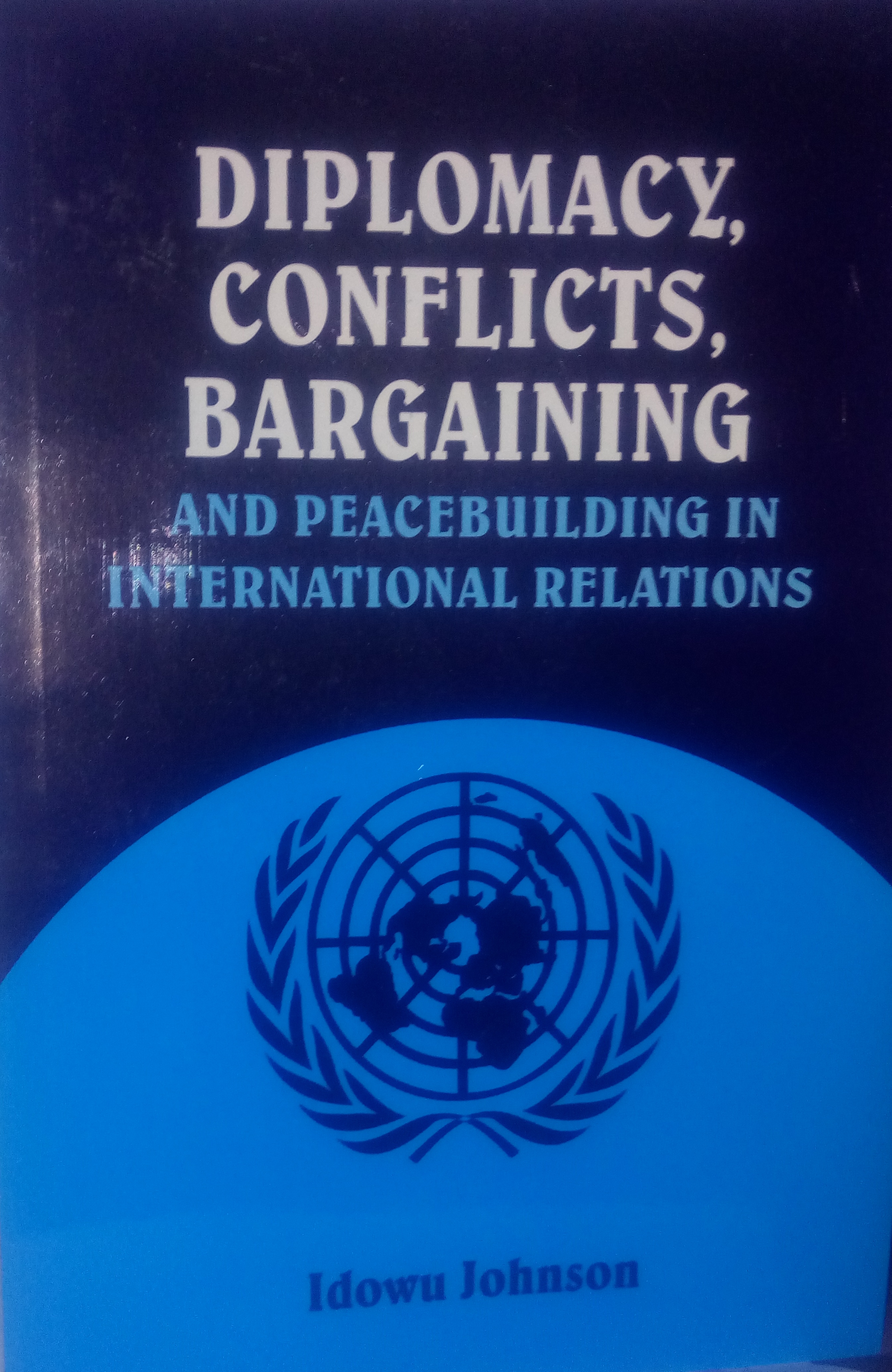The Department of Political Science at the University of Ibadan, (UI) must have lost being the source of the last word in the discipline as it used to be on account of being the first of such department in modern Nigeria. Right there at UI is the Institute of Peace and Strategic Studies, (IPSS), flourishing and making itself heard on a huge chunk of what defined Political Science: conflict, violence, order, disorder and stability. Beyond IPSS, there are about 150 universities across Nigeria, most of them offering academic programmes in diverse realms of Political Science, from International Relations to Public Administration, from Diplomacy to Peace Studies, from geopolitics to Security Studies.

Good, old UI, Still not vulnerable to challenge at its age
Still, Political Science in UI, the university which started offering graduate programmes even before Nigeria itself breathed independence cannot but retain much of its prestige. Not with its stock of fresh PhDs or globe-trotting eaglet academics, following the footsteps of their forebears, a number of whom are either still pooping in, been very much on ground or are just returning and set for enhanced presence. It is about time it happens but pushing Ibadan Political Science to the second position by any of the older or newer universities appear far-fetched. All of these make any books from there to attract certain attention. And there are many such books in spite of the huge fall in revenue and vibrancy the universities are experiencing, Dr. Idowu Johnson’s Diplomacy, Conflicts, Bargaining and Peacebuilding in International Relations.
Professor OBC Nwolise, himself part of the out-going intellectual squad in Ibadan Political Science, tells us in the Foreword that the book offers a new window on a realm which has become more complex for researchers, diplomats, students of Peace and Conflict Studies, security experts and politicians to follow. The author agrees, identifying what is new in the book to be the inherently conflictual nature of the international system of states. In other words, the structural enmity of states has not changed even in the ‘New World Order’. That order has come along escorted by conflicts. For him, it is not conflict as such that is the problem but its degeneration into violence or war and hence the necessity for Diplomacy and its associated practices such as negotiation, bargaining and confidence building. The focus of the book is thus peacebuilding and the clashing entry points or points of departure around the concept.

Dr. Idowu Johnson, author and academic at the Dept of Political Science, University of Ibadan
To this extent, Chapter Six and Chapter 11 might be taken as the core of the book; where the author broke down these conceptual black boxes. It is Chapter Eight though that might interest most readers, particularly undergraduates and peace practitioners in IRs because it does not only list a number of case studies, the conflicts cut across the world, including Africa whose agency as a collective international player is denied. There is another such fine example of empirical details that brings home IRs to African undergraduates in the listing of Arms Control Agreements since 1959 the author reproduced on pages 79 – 81.
The reader finds such empirics here and there in the book, illustrating one claim or the other but readable for other purposes, depending on who is reading. Empirics go along with concepts, the sort of acronyms as well as models that constitute the referents in the post Cold War. On the whole, it is an inviting text, made more so by the cover design – the UN and its symbolic import in terms of the possibility of global democracy, (not world government and not global governance, yet).
Dr. Idowu Johnson’s Diplomacy, Conflicts, Bargaining and Peacebuilding in International Relations remain an ironic book though. That refers to how undergraduates the author had in mind in writing the book would hardly be able to understand it. It is not because the language is beyond them in the eleven chapter book. It is that more intellectually mature and experienced elements are more likely to unpack the book in a way that they can put the concepts and models into practice.
Some people would also wonder why the title is the way it is instead of something like Diplomacy, Conflict Bargaining and Peacebuilding in International Relations. Such a title, it could be argued, is even more supported by the current structure of the work. Finally, there are those who would be sad that Dr. Idowu located the work in neorealism and left it there. For, there is almost no reference or mention of the battering that neorealism received in the hands of its internal radicals before the end of the Cold War and in the hands of critical security studies after the Cold War. As such, the author listed the different components of what constitutes the concept of security, (pages 157 – 159) in his Chapter Ten. He could have enriched that by situating that neorealist list in the distinction between widening and deepening security and the implications for peacebuilding policy in the Nigerian setting. Even Barry Buzan who drew up that list has shifted closer elsewhere in confronting the concept of security although it seems he cannot be cured of “The Timeless Wisdom of Realism?” since the list came before the essay.
It is an inviting book, especially if the author expands it through a re-issue. It speaks to many challenges of the moment, especially locally produced reading materials that domesticates IRs, being an arena in which Africa is more of a spectator than the great players whose headaches the Africans must understand even as Africa’s headaches are largely represented as natural to the continent and its people. For bringing that to the table, there is a way in which Dr. Idowu is contributing the voice of the younger elements to the Ibadan mystique.




























